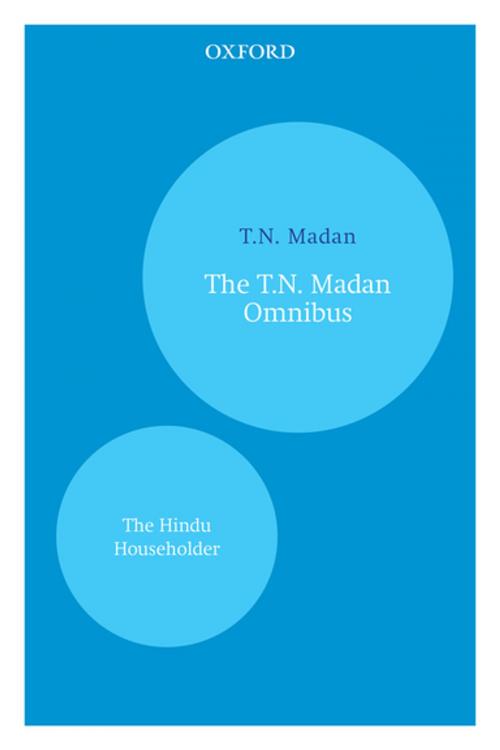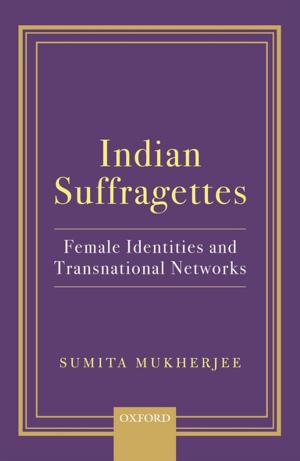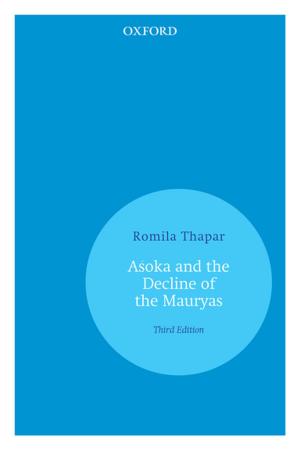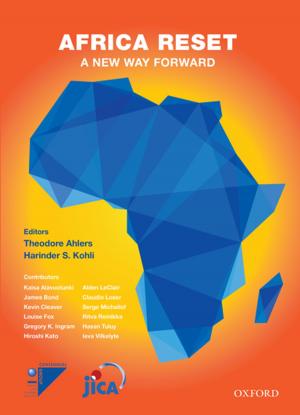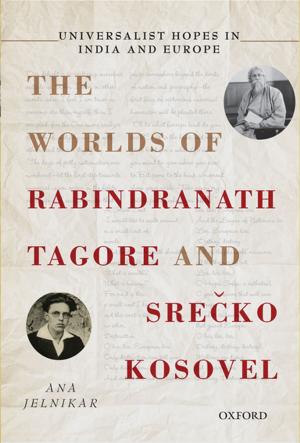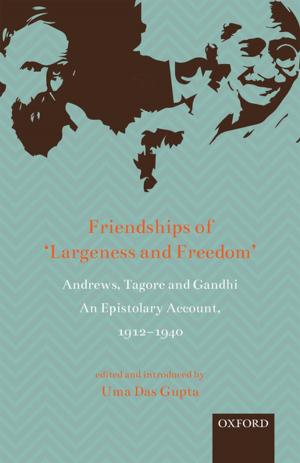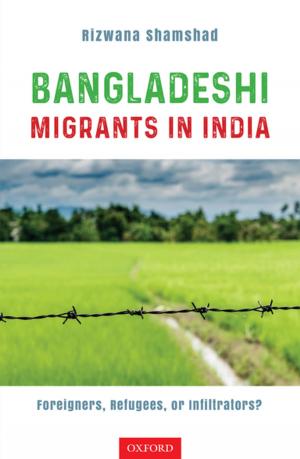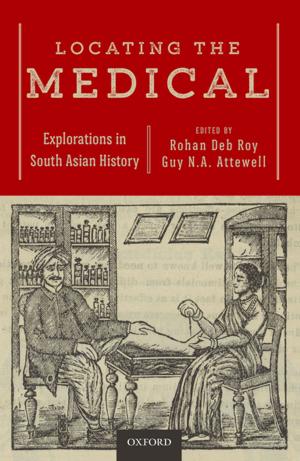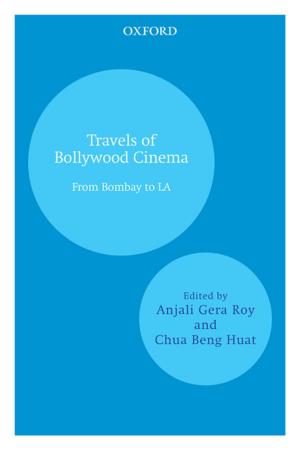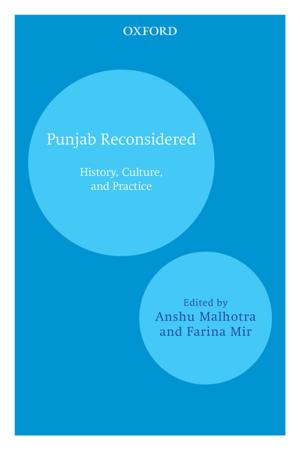The T.N. Madan Omnibus
The Hindu Householder
Nonfiction, History, Asian, India, Social & Cultural Studies, Social Science, Anthropology| Author: | T.N. Madan | ISBN: | 9780199088317 |
| Publisher: | OUP India | Publication: | November 3, 2010 |
| Imprint: | OUP India | Language: | English |
| Author: | T.N. Madan |
| ISBN: | 9780199088317 |
| Publisher: | OUP India |
| Publication: | November 3, 2010 |
| Imprint: | OUP India |
| Language: | English |
For more than half a century, T.N. Madan has been a towering influence on the sociological and anthropological studies of family and kinship, cultural dimensions of development, religion, secularism, and Hindu society and tradition. This Omnibus brings together his seminal writings on marriage, kinship, family, and the household in Hindu society. Family and Kinship: A Study of the Pandits of Rural Kashmir, first published in 1965, remains a pioneering ethnographic study of the Kashmiri Pandits, and is considered a classic in the field of world anthropology. The book presents a social history of a people and culture which is currently virtually non-existent in the Kashmir Valley. Drawing upon new theoretical and methodological perspectives, Non-renunciation: Themes and Interpretations of Hindu Culture provides a nuanced understanding of Hinduism as a lived tradition. It explores aspects of auspiciousness, purity, asceticism, eroticism, altruism, and death while focussing on the householder's life in Hindu society. The Omnibus also includes additional essays on the Brahmanic gotra, and the Hindu family and development, along with a short piece on aspects of traditional household culture. It features an autobiographical essay—the author's recollection of growing up in a Pandit home in Srinagar, Kashmir. In the Prologue, T.N. Madan engages with the 'householder tradition' across the cultural regions of India, analysing themes of householdership and renunciation in religious philosophy and ethnography.
For more than half a century, T.N. Madan has been a towering influence on the sociological and anthropological studies of family and kinship, cultural dimensions of development, religion, secularism, and Hindu society and tradition. This Omnibus brings together his seminal writings on marriage, kinship, family, and the household in Hindu society. Family and Kinship: A Study of the Pandits of Rural Kashmir, first published in 1965, remains a pioneering ethnographic study of the Kashmiri Pandits, and is considered a classic in the field of world anthropology. The book presents a social history of a people and culture which is currently virtually non-existent in the Kashmir Valley. Drawing upon new theoretical and methodological perspectives, Non-renunciation: Themes and Interpretations of Hindu Culture provides a nuanced understanding of Hinduism as a lived tradition. It explores aspects of auspiciousness, purity, asceticism, eroticism, altruism, and death while focussing on the householder's life in Hindu society. The Omnibus also includes additional essays on the Brahmanic gotra, and the Hindu family and development, along with a short piece on aspects of traditional household culture. It features an autobiographical essay—the author's recollection of growing up in a Pandit home in Srinagar, Kashmir. In the Prologue, T.N. Madan engages with the 'householder tradition' across the cultural regions of India, analysing themes of householdership and renunciation in religious philosophy and ethnography.
